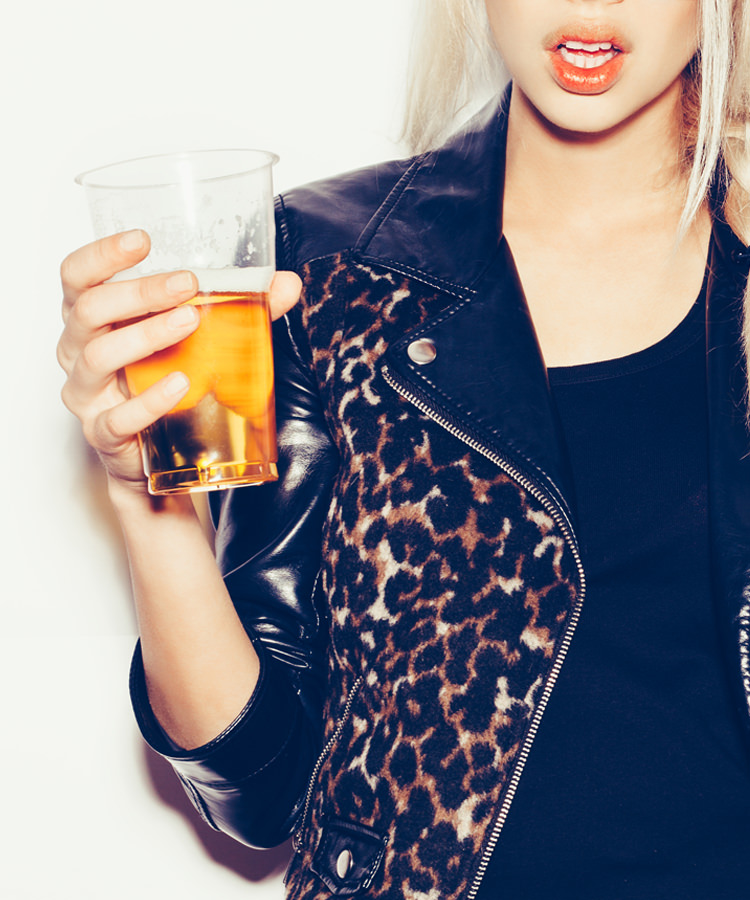It’s a hot day and you’re parched, so you grab a nice, refreshing white wine or sour beer and take a big swig. Immediately, the back of your jaw right underneath your ear tingles in an unpleasant, borderline-painful way. Then, two sips later, you’re completely fine and can drink with impunity. What’s the deal?
First thing to know if you’re concerned is that nothing is wrong with you. That tingling sensation can happen to any person with any type of jaw. The reason why your jaw tingles has less to do with your bone structure than your digestive system.
When you taste something sour, tannic, alcoholic, or sugary, your salivary glands go into overdrive. Wine and beer can be all of those things at once. If your mouth is dry, or you’re really thirsty or hungry, more saliva is produced quickly. The largest salivary gland in the human body is the parotid gland, which is a kidney-shaped entity stretching from your ear to your bottom jaw.
That over-production of saliva is one of the first steps in helping you digest food and drinks. A study titled “Parotid Salivation in Response to Tasting Wine,” published by the American Society for Enology and Viticulture, found that salivation noticeably increased when someone consumed a liquid with tartaric acid, tannin, ethanol, and added sucrose (in that order). The study noted that salivary flow measurement could be used “as an analytical technique in the sensory evaluation of foods and beverages.”
The wine doesn’t have to be sour. A tannic red could cause jaw pain because of an intense parotid gland stimulation just like sour tastes can. Some of the types of beer and wine that have a higher chance of causing a tingle: sour beer, Sauvignon Blanc, and Barolo.
So drink up. Your salivary glands will catch up to you and you’ll be comfortably enjoying that wine or beer (or wine and beer) in no time.
